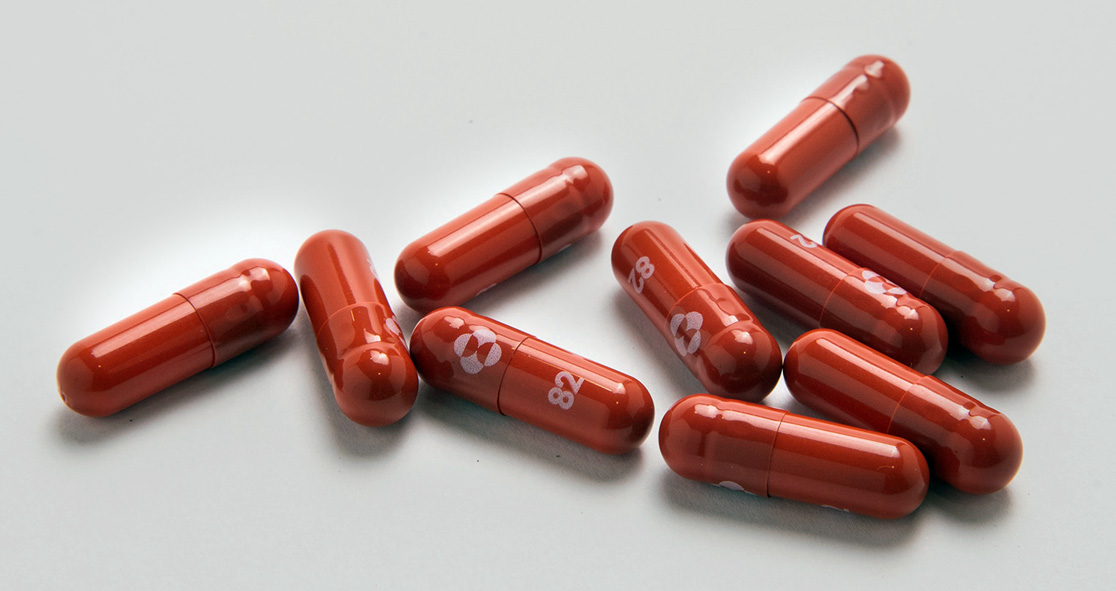On Thursday, the Medicines Patent Pool (MPP), an UN-backed organization, announced that it has signed agreements with over two dozen drug makers to produce generic versions of molnupiravir.
The MPP said the agreements would allow companies to manufacture both the raw ingredients for molnupiravir and the finished product itself, supplying the antiviral COVID pill to more than 100 developing countries.
Molnupiravir, originally developed by Merck and Ridgeback Therapeutics, has been found effective at reducing the hospitalization rate in 50% of patients with mild to moderate COVID. In recent months, the European Medicines Agency (EMA) and the U.S. Food and Drug Administration (FDA) authorized the drug for adults with early signs of COVID infection.
Charles Gore, Executive Director of the MPP, said, “This is a critical step toward ensuring global access to an urgently needed COVID-19 treatment.”
The organization said 27 drug manufacturers in 11 countries, including China, Egypt, Vietnam, Kenya, Bangladesh, and South Africa, would soon start producing generic molnupiravir pills.
Earlier this month, Aurobindo Pharma Limited, an Indian drug company, announced that it launched generic molnupiravir under the brand name Molnaflu.
Also, Dr. Reddy’s Laboratories Ltd, another Indian drug company, announced that it would launch the generic version of molnupiravir under the brand name Molflu.
Merck said in December 2021 that it entered agreements with eight Indian generic pharmaceutical companies to manufacture generic molnupiravir.
Molnupiravir is an at-home COVID treatment that reduces symptoms and speeds up the recovery process, easing the burden on hospitals and helping to curb the outbreak in low-income countries that have weak health care systems.
In October, Merck announced that it would allow other pharmaceutical companies to make generic versions of molnupiravir. Merck, Ridgeback Biotherapeutics, or Emory University, which invented the drug, will not receive royalties from sales of molnupiravir made by the generic drug companies, as COVID continues to remain a global health threat.























